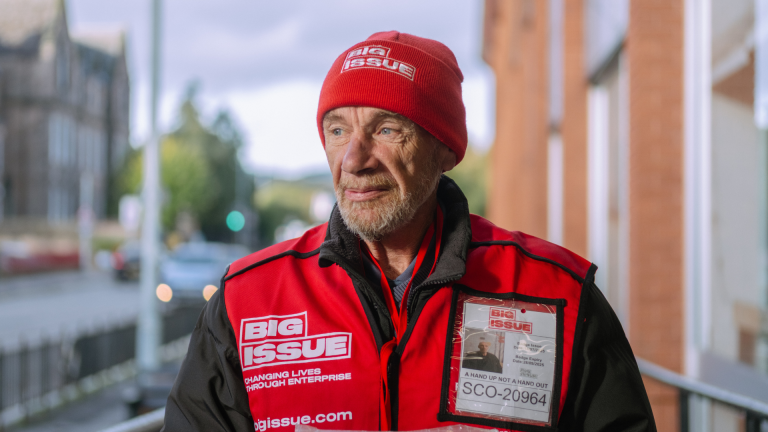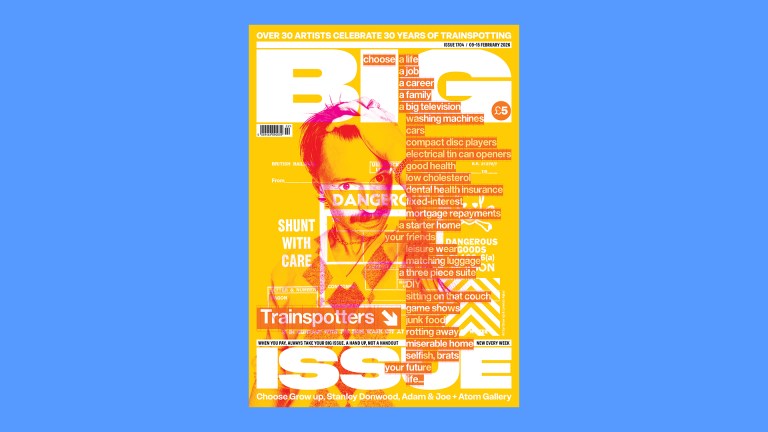A rotund willow tree is missing a ring of bark, cut out like a belt. Tree stumps stand, gnawed to a point. A path has been worn into the grass by the water’s edge. These features haven’t been seen in the capital since Shakespeare’s time.
That was until October 2023 when, four centuries after beavers were hunted to extinction in London, they were reintroduced to the wild. In the latest Big Issue, we explore how they’re settling in.
You will not see the beavers. But if you know where to look, the signs are everywhere. Over the past seven months, this family of history-making mammals have made themselves at home in a woodland next to a trading estate in Greenford, West London. It was hoped the group – two adults, a juvenile and two children – would increase biodiversity, reduce the risk of flooding and galvanise the community around rewilding efforts.
Big Issue returned to the landmark project to see the difference they’re making – and to find out whether Britain’s future is truly wild. “I think everyone across the project has been surprised how quickly they have got to building across different dams,” says Ben Stockwell, senior urban rewilding officer with Citizen Zoo. “Beavers have a right to exist here. The only reason they don’t is we hunted them to extinction 400 years ago.”
Read more in this week’s issue!
What else is in this week’s Big Issue?
Why the next general election could (and should) be fought on the frontier of poverty
Poverty is set to be a crucial factor in the next general election – with political leaders urged to act on the soaring number of people in poverty and give the disillusioned public something to vote for. Low-income voters are the least likely to turn out at the ballot box, but are also more open to switching sides, research shows. This combination means there is an “untapped pool of support” for any party willing to get serious about tackling poverty.









